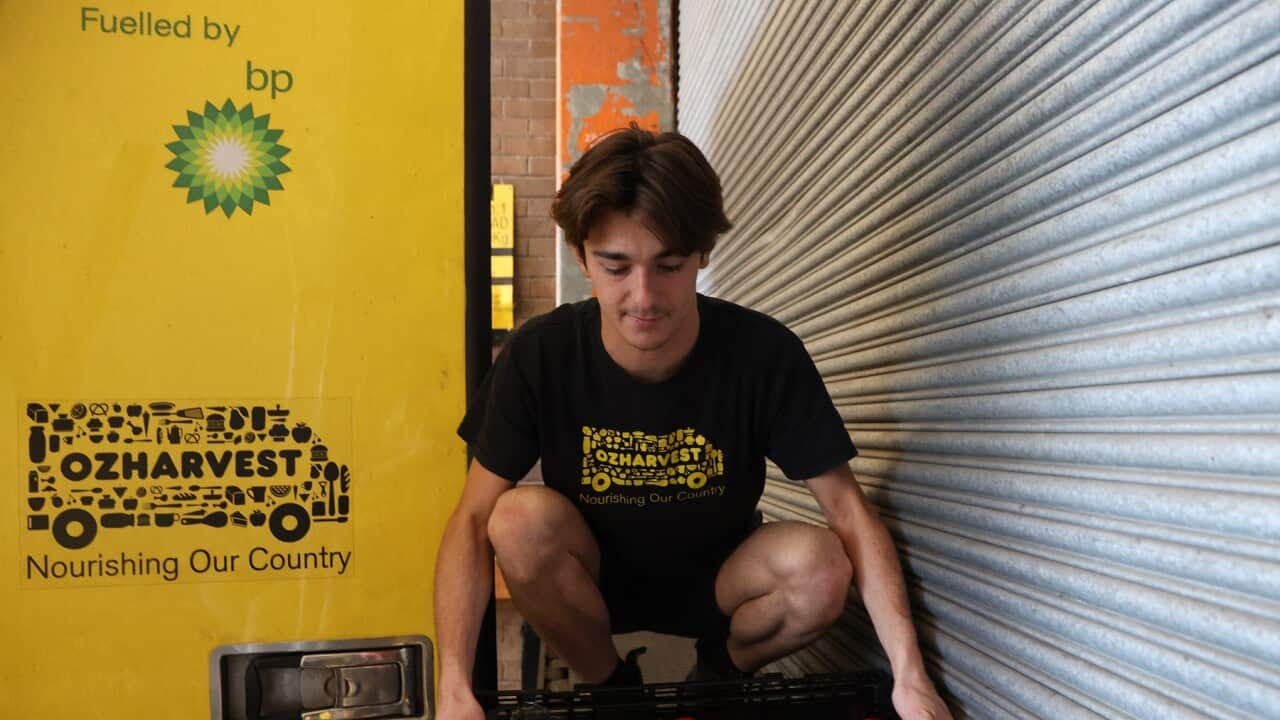Key Points
- Homelessness Australia says funding for the sector is plateauing as demand for services grows.
- At least 78 per cent of frontline workers surveyed said they were turning away people with more frequency.
- More than half (56 per cent) rated the emotional toll of turning people away at the maximum score of 10.
A survey of homelessness support workers shows almost all of them turned away more people seeking help, and provided less support to the needy, in 2023.
Homelessness Australia said the results of its members' survey show demand for places to live is surging due to a housing shortage and cost of living pressures.
Members were asked whether the problem of turning away people had worsened in the past year and 93 per cent said yes.
The same result occurred when members were asked whether demand pressures were restricting the support they could provide.
The polled 252 workers in the industry. Most were case managers, service managers and team leaders.
"Homelessness providers are expected to work miracles. But the strain is simply unrelenting," said Kate Colvin, the chief executive of Homelessness Australia.
"Funding, which is already uncertain, is plateauing while demand surges. The status quo is just unsustainable."
Ms Colvin said support workers were forced to make extremely difficult choices that could involve cases such as a mother and child fleeing violence or a teenager escaping abuse.
If someone had a car to sleep in they often didn't get accommodation.
Ms Colvin said the federal government must end the uncertainty around $73 million in funding to cover the wages of the workforce.
"This funding expires in June 2024. The last thing anyone needs in a housing crisis is a cut to homelessness support."
The federal government is in the early stages of producing its National Housing and Homelessness Plan.
The plan aims to improve housing supply and produce a national vision to support those experiencing housing stress and homelessness.











